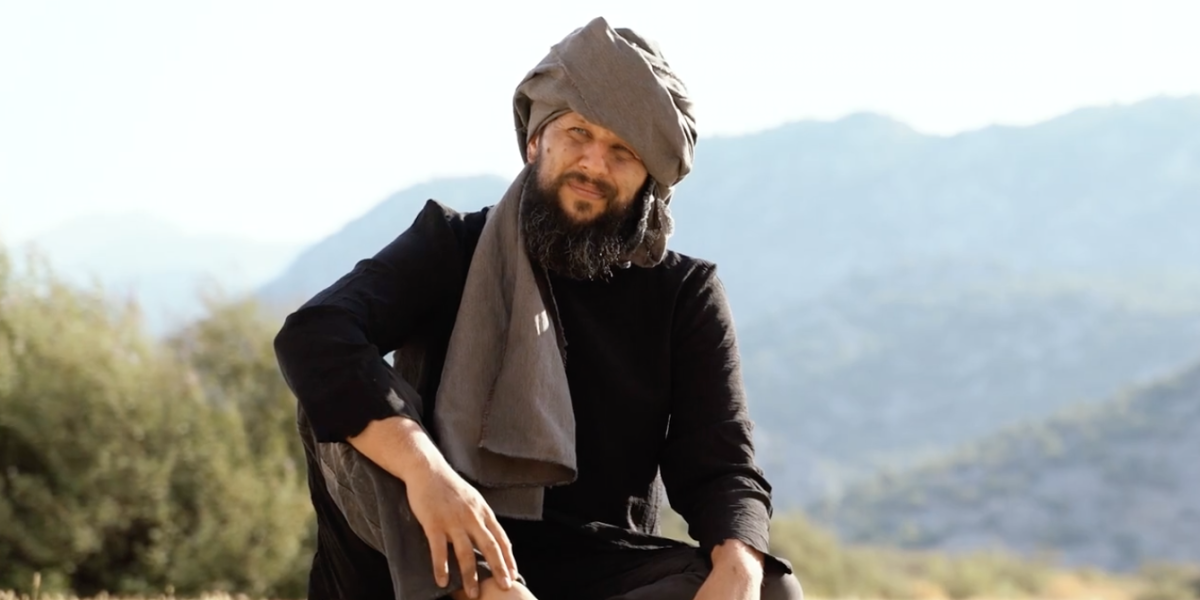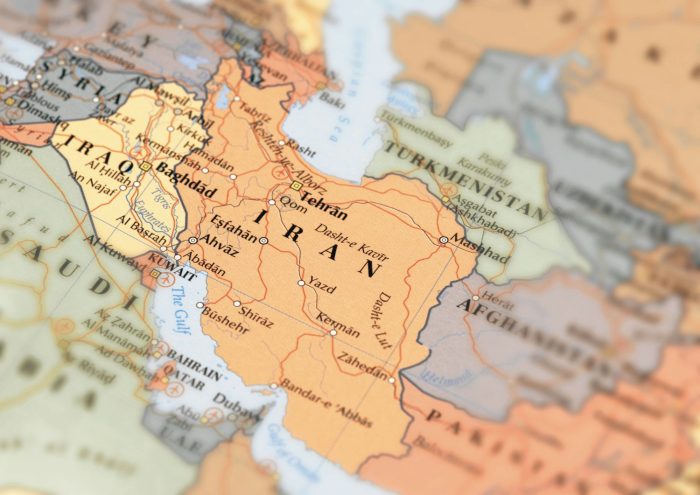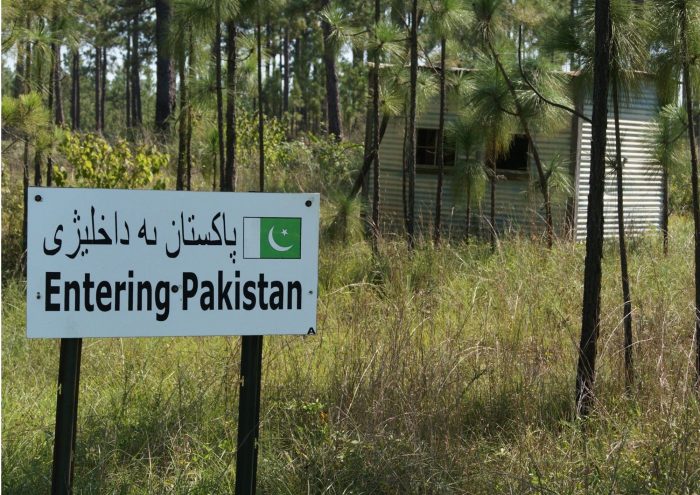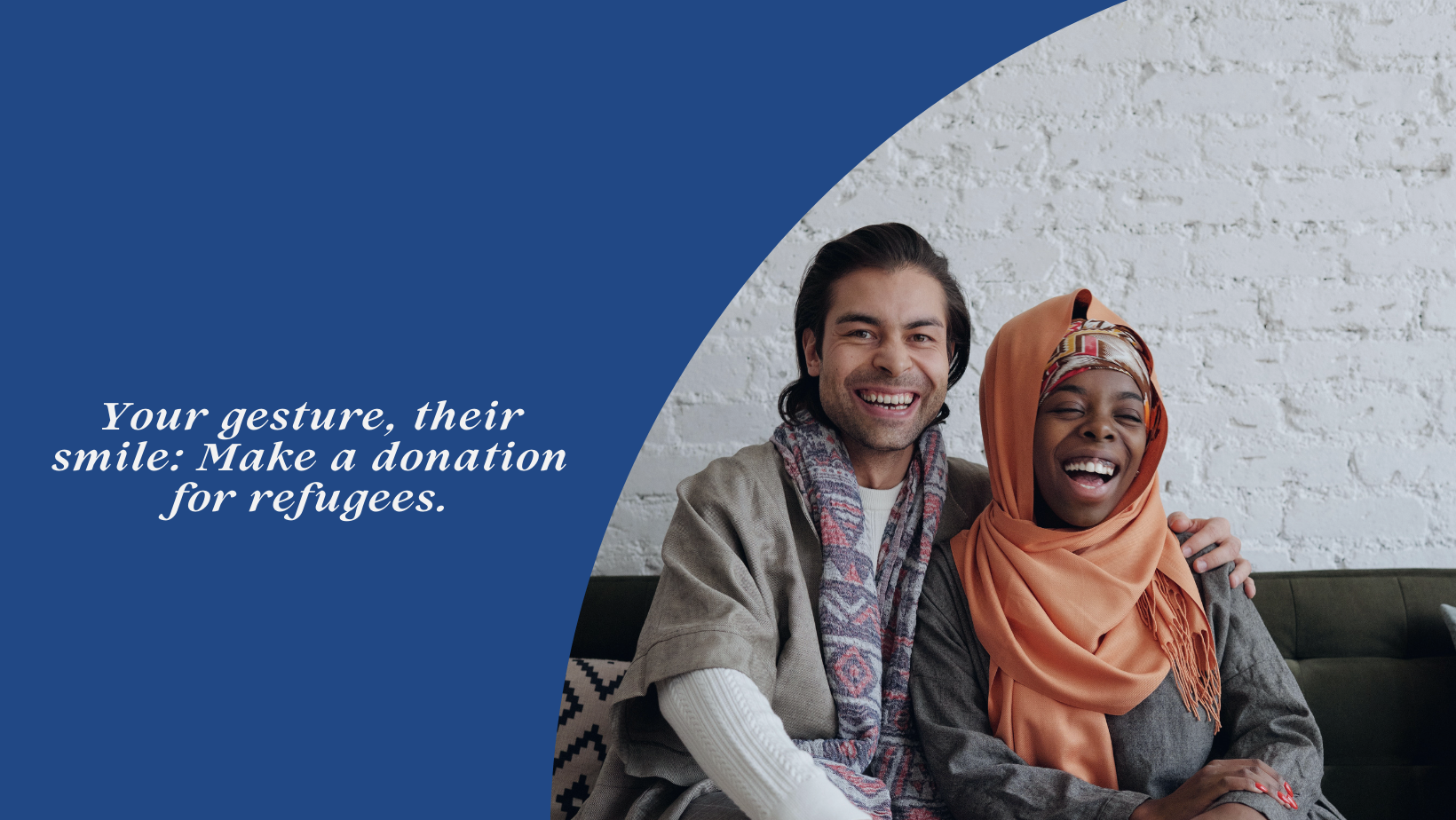Afghan father risks everything to save the future of his family
26 August 2024|Joanna Kozakiewicz

Adin’s story
Age: 43
Status: Married with kids
I was born in 1981, in Kabul, the Capital of Afghanistan, but I didn’t grow up there. I was only six months old when I was taken to Iran by my parents and became a refugee.
Reason for the first displacement
Because of the political situation in Afghanistan, my parents had to immigrate to the nearest country, Iran. The people there spoke the same language and practiced the same religion as we did [we are Muslim]. I went to school and grew up there until I was 24 years old.

Second displacement
When I was almost 24 years old, I returned to Afghanistan and started teaching English at a high school where JRS hired me in early 2014. I loved my job, my classes, and my students. Life was good for a few years until the Taliban reoccupied Afghanistan in August 2021.
My wife and I were scared. We sat together and wondered what we could do. The Taliban had taken control of all of Afghanistan, and it was not a safe place to be. Our lives were in danger because the Taliban did not approve of anyone working with foreign organizations, and the penalty for doing so was death.
Before that, I had two terrible experiences with them. First, I found out that they had killed my mother’s cousin while he was delivering books for an educational center. Second, I met them on a bus ride in 2020 when they searched all the men to arrest and beat those who worked for international organizations. I almost got caught, but I gave my wife my JRS card. I knew they would not search her because there were no female soldiers with them. I was lucky, but two other men were arrested and we don’t know what happened to them.
Flight
I told my wife that we had to get out of Afghanistan. We decided to leave our home (in Herat) in just 24 hours. I went to the terminal and bought the bus tickets to go to another city (Kabul). So we left our home in August 2021. Soon we would flee to Pakistan.
We had no plan to immigrate to Pakistan, we left with just a backpack. My family of 5 members had only 1 towel and some food in the backpack. We ran towards Pakistan and stayed at the border for 1 night. The next day, when the border opened, we successfully crossed the border, but it was not easy. We did not have our passports or visas, and there were several checkpoints where the Pakistani army checked people’s travel documents.

Previously, we had spoken to a passenger smuggler who had provided us with fake Pakistani IDs for my wife and me. That day, we passed through the checkpoints 3 times until we got to the main gate with several entrances into Pakistan. When we got there, the army soldiers didn’t accept our IDs. They knew the IDs were not original.
The border was open from 8 am to 4 pm. Finally, at 3:45 pm, we were able to pass through the main gate. It was the 4th time we had tried.
The soldier was in his late forties. I’m sure he knew our passports were fake. He was kind and he had found us very exhausted and my daughter was sleeping on my shoulder. We were very tired, hungry and thirsty. He let us through and then we were in Pakistan. We felt safe being away from the Taliban because they could not catch us anymore.
Support through JRS
When we arrived in Pakistan, I contacted Mr. Andrew Brown, the head of security for JRS.
Through a WhatsApp group set up for us and other refugees, I told him that I was in Karachi, Pakistan with my family. He told us to stay where we were and not to go back to Afghanistan. Through the app, I learned that there were other teachers in Pakistan who had also fled Afghanistan for the same reason: they didn’t feel safe.
We waited another 2 months before we received a message from another JRS worker asking where we were and how many of us there were. Finally, we were told that we would be sent to a better country and that we would receive money from JRS. We were very happy because after 3 months in Pakistan we were running out of money. We were able to pay for rent, electricity, and food. JRS even supported us when our children got sick and I had to take them to the hospital.
Then Mr. Brown told us that he would send us an application form for Canada and soon our form was sent to Canada, Montreal.
During the two following years in Pakistan, we faced many problems because we didn’t have legal status in Pakistan. My children could not go to school and we could not work. The Pakistani government also gave warnings to Afghan refugees several times to return to their country.
Change in his life, hope, and future
When our application case was submitted in Quebec, it took 2 years to get a case number from IRCC (Immigration Refugees Citizenship Canada).
Soon after receiving the case number, we received another mail from IRCC to be in Islamabad for the interview at a Canadian embassy.
When we arrived in Islamabad, it took 5 months to complete the steps of interview, biometrics and medical tests by IRCC and biometrics by NADRA (National Database and Registration Authority) in Pakistan for an exit permit. Because we didn’t have legal status in Pakistan, it took longer for IRCC to evacuate us. IRCC paid money for each person without legal status to leave Pakistan.
While we were going through all of the above, the Pakistani government issued many warnings to Afghans to leave Pakistan. The IRCC sent us police letters to keep us safe, but the police came to our hotel door every 10 days. To be left alone, we had to pay them and JRS helped us financially to do this.

I am currently in Canada.
I still can’t believe I’m really out of those troubles. Sometimes when I wake up, I can’t believe that we are living in Canada, far away from such dangers and problems.
*This article was modified after a special request on 29.01.2025
Adin



